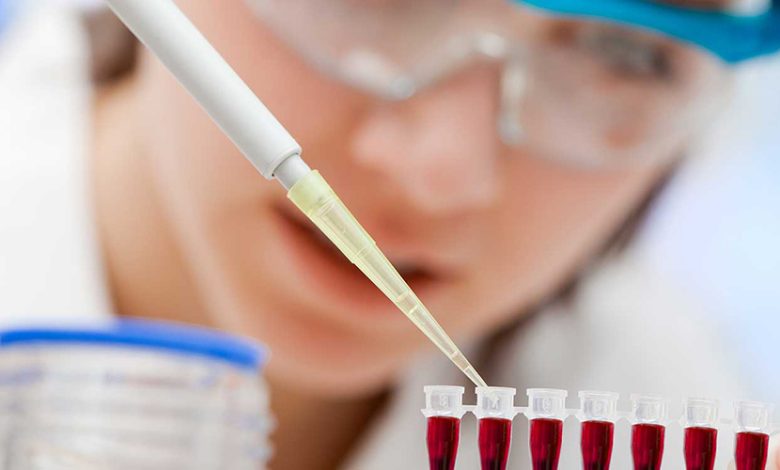Conducting Clinical Trials for Genetic Disorders

Genetic Disorders are very common in this world and that’s a concern for doctors. Such diseases and disorders are very hard to cure and there are no medicines for the majority of such diseases.
Have you ever wondered how new treatments for genetic disorders are developed and tested? Clinical trials play a crucial role in this process.
These trials help determine the safety and effectiveness of new treatments. As there are no effective medicines available for such disorders, the ways researchers find and test groundbreaking medicines are commendable. In this post, we are going to learn about the ways researchers conduct clinical trials.
1 – Planning and Preparation
The clinical trials are lengthy and take a long time to complete. Hence, making a proper plan and preparing for all the requirements is crucial. This preparation includes designing the trial, securing funding, and obtaining ethical approval.
Researchers first develop a detailed plan, called a protocol or blueprint, which outlines the trial’s objectives, methods, and procedures. The protocol ensures that the trial is conducted consistently and that the results are reliable. Once the blueprint or protocol is approved by the authorities, the actual process of trials begins.
2 – Participant Recruitment
Once the trial is set to begin, the researchers get to find the participants. As they have to work on the trials for genetic disorders, they have to recruit only the patients who are suffering from certain neurological or genetic conditions.
This is one of the hardest processes, as it takes a lot of time to find the participants. The researchers collaborate with doctors in their regions or worldwide to find potential participants and convince them to participate in the trials. Once the participant’s quota is fulfilled, the phases of trials are commenced.
3 – Phases of Clinical Trials
The actual trial has numerous phases and each phase has a different purpose. The first phase is the phase in which the researchers assess the safety of the medicines. They administer the small doses of the medicines to the participants group and observe their response. If no reactions are observed, then they increase the dose to identify the safe upper limit.
In the second phase, they have to understand the efficacy of the medicine for the specific disease or disorder. As the researchers have found the ideal dose of the medicine in the first phase, they administer the same to participants and observe them for any kind of side effects or positive effects.
The third phase is the final active phase of the trial, in which the medicine is administered to a large group of participants for final confirmation. There are numerous factors involved in this phase.
4 – Approval
The final part of the trial is the approval, which has to be provided by the regulatory authorities. The researchers collect all the data from the trials, analyze the same, and provide a concise report concluding the trial. This might take a long time, but regulatory approval is required to confirm the safety and efficacy of the medicine and make it publicly available.
Final Words
Gene Therapy is one of the prominent treatment options that has come through the Clinical trials for Genetic Disorders. In this post, we tried our best to explain everything about the clinical trials for Genetic Diseases and disorders. If you still have some questions in your mind, feel free to ask them in the comments below.



